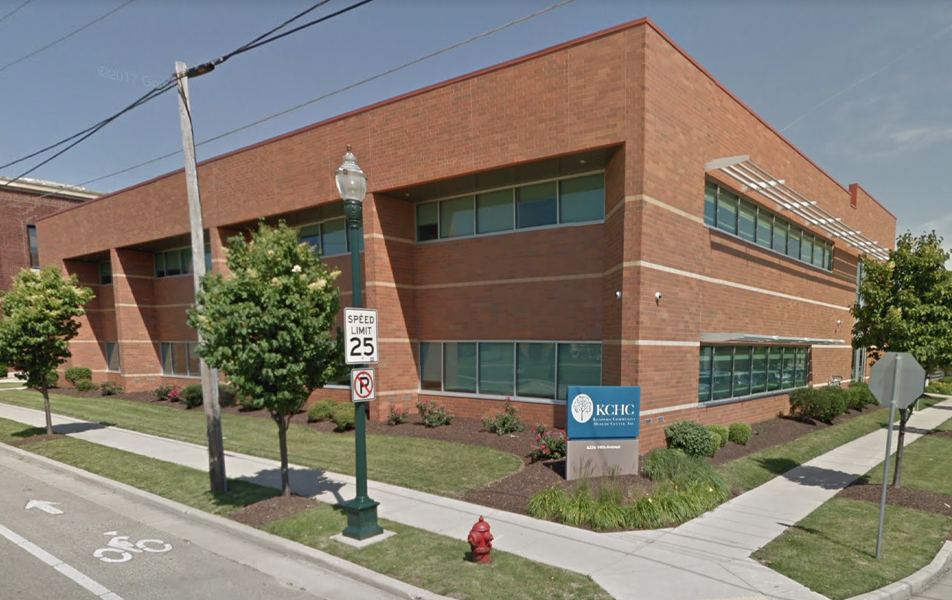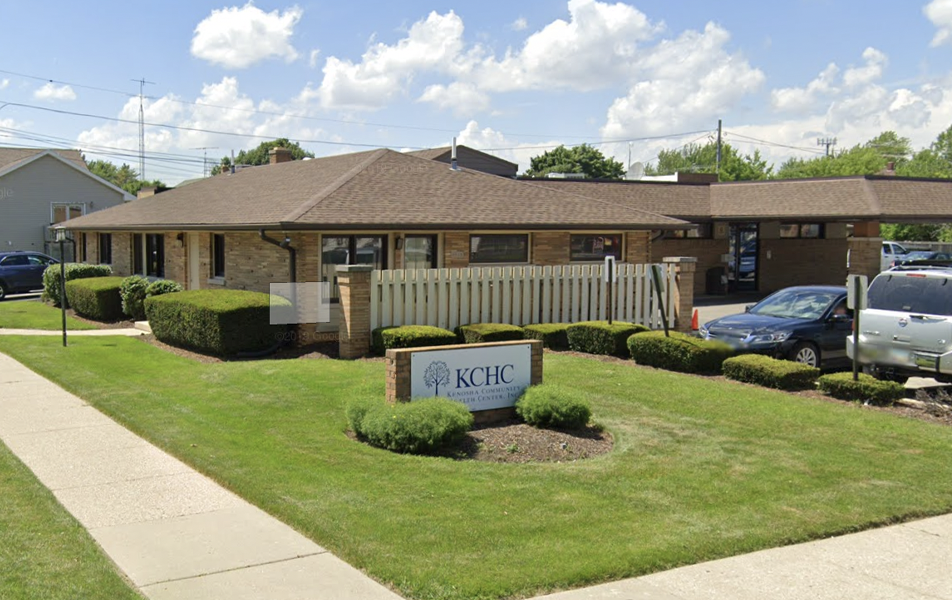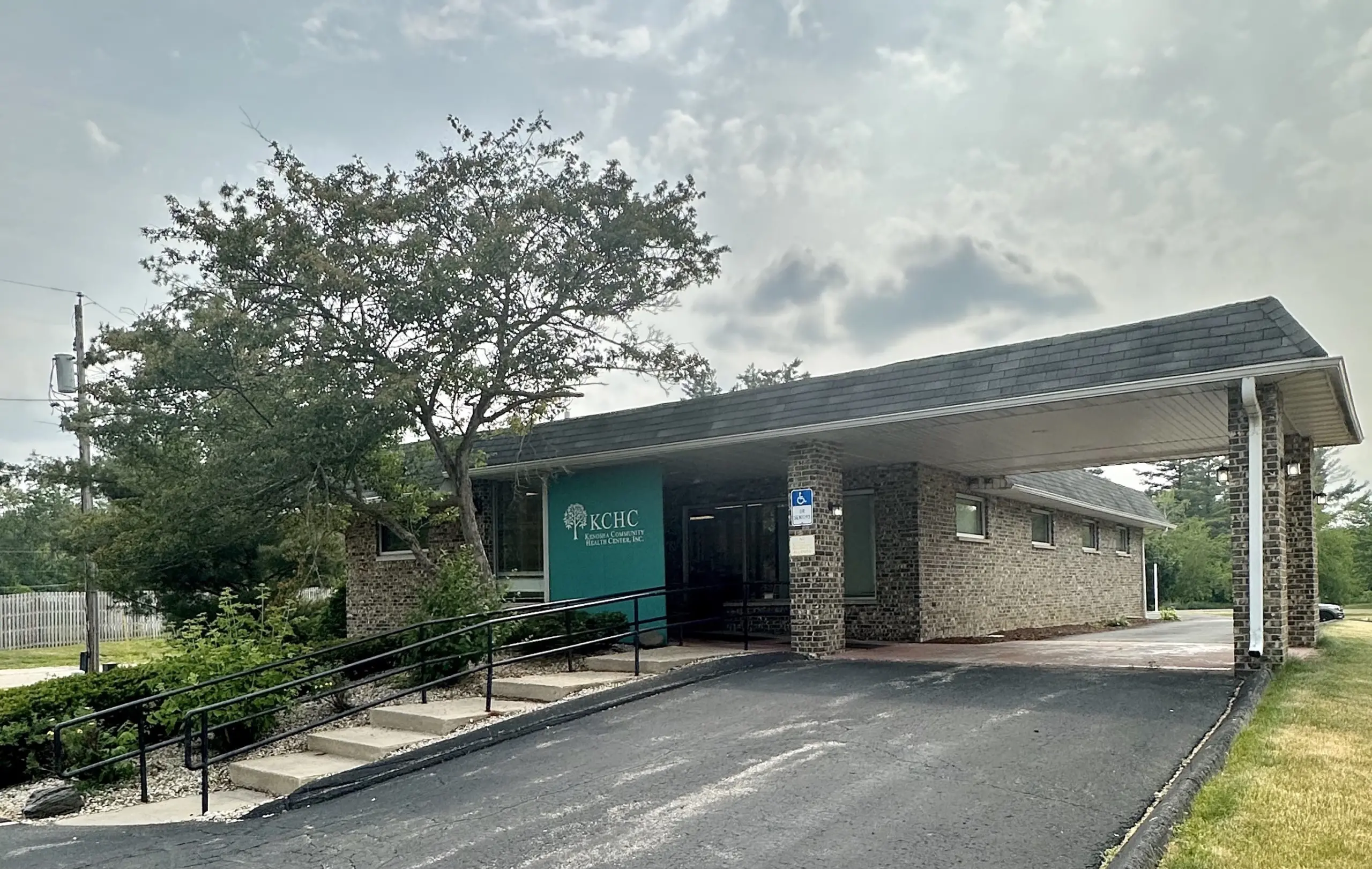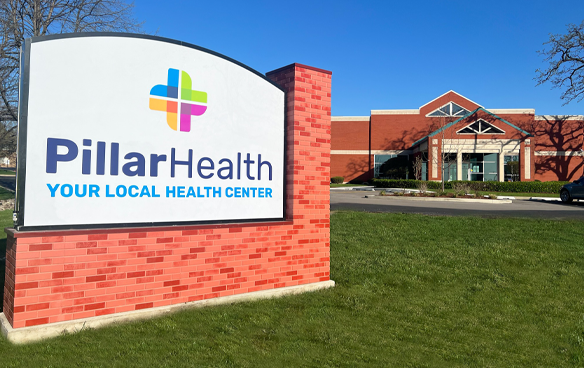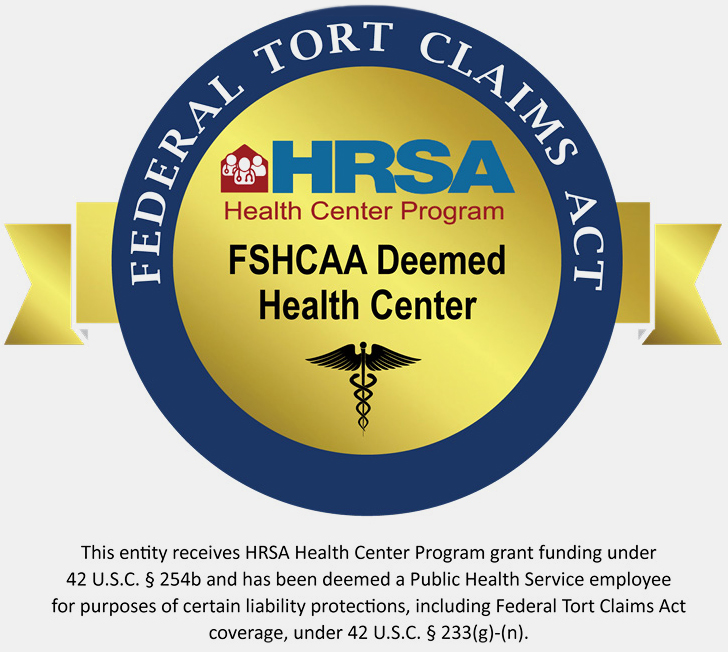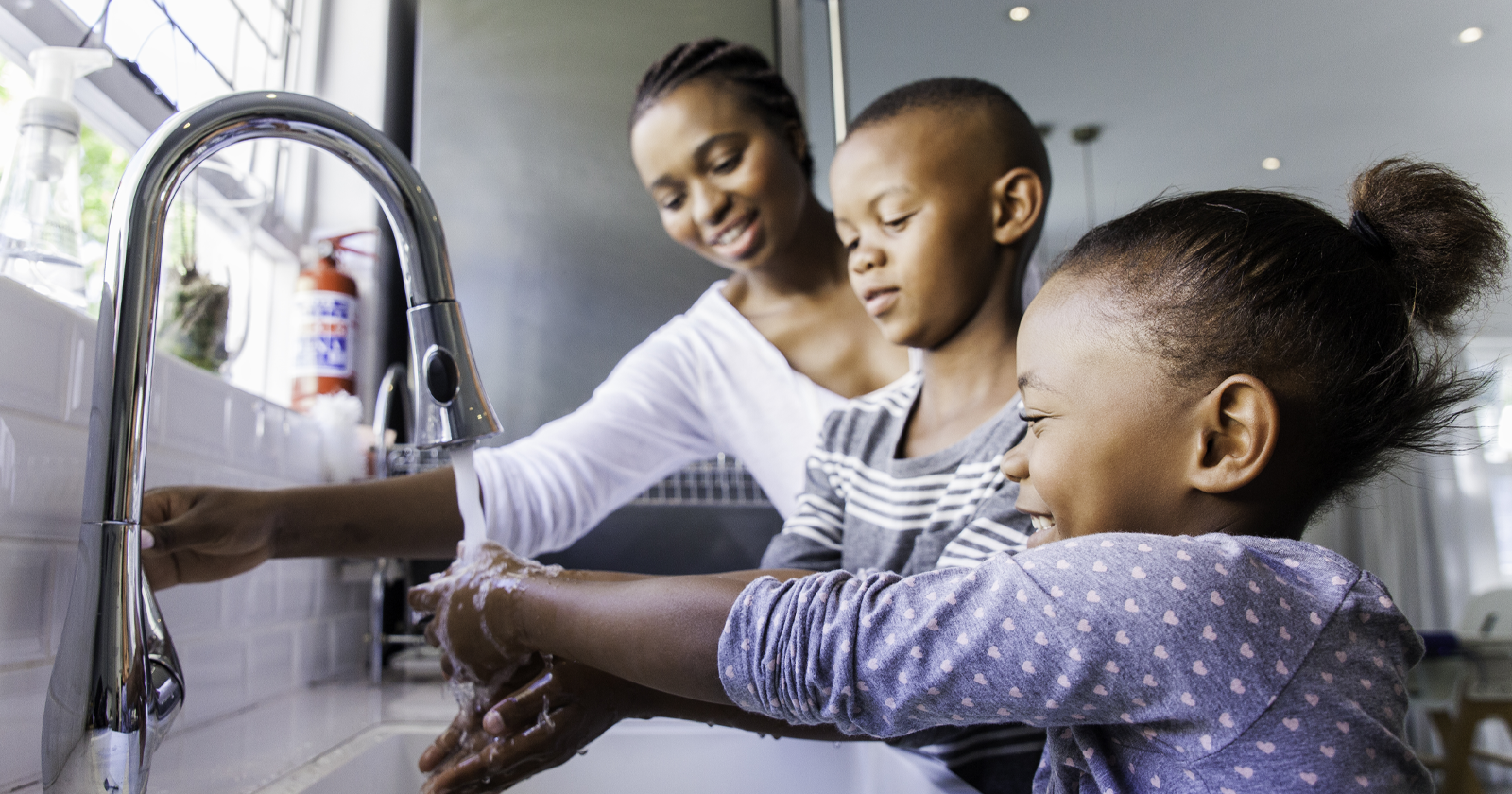
NATIONAL HANDWASHING WEEK IS DECEMBER 5-11
‘Tis the season for respiratory illnesses such as RSV, influenza (flu), pneumonia and COVID. Infectious droplets are everywhere in the environment. As a result, to protect yourself and prevent the spread we encourage you to:
- Cover your cough (cough into your elbow)
- Wash your hands frequently
- Wipe down flat surfaces with disinfectant – desks, tables, chairs, counters
Viral infections like the flu, RSV, pneumonia, and the common cold, as well as bacterial infections like strep throat, typically enter our bodies through our eyes, nose, and mouth.
The best and easiest way to protect ourselves from infectious germs, and to keep the people around us healthy is to wash our hands frequently. Thorough handwashing with soap and water can protect you and your family whether at home, at work, traveling, or out in the community.
MINIMIZE FACE TOUCHING
We habitually touch our faces many times an hour and for many reasons. For example, it’s natural to rub our eyes, scratch our noses, adjust our glasses and eat finger foods. If these things are done with unclean hands, we risk getting sick from germs transferred to our hands from things we touch.
Healthy habits of frequent and thorough handwashing as well as not touching your face will help prevent illness. Only touch your eyes, nose, and mouth with clean washed hands.
WHY WASH YOUR HANDS?
When you wash your hands with soap, you get rid of germs. This helps keep people from getting sick because:
- People frequently touch their eyes, nose, and mouth without even realizing it. Germs can get into the body through the eyes, nose and mouth and make us sick.
- Germs from unwashed hands can get into foods and drinks while people prepare or consume them. Germs can multiply in some types of foods or drinks, under certain conditions, and make people sick.
- Germs from unwashed hands can be transferred to other objects, like handrails, table tops, or toys, and then transferred to another person’s hands.
- Removing germs through handwashing therefore helps prevent diarrhea and respiratory infections and may even help prevent skin and eye infections.
KEY TIMES TO WASH YOUR HANDS
You can help yourself and your family stay healthy by washing your hands often, especially:
- Before, during, and after preparing food
- Before and after eating food
- Before and after caring for someone at home who is sick with vomiting or diarrhea
- Before and after treating a cut or wound
- After using the toilet
- After changing diapers or cleaning up a child who has used the toilet
- After blowing your nose, coughing, or sneezing
- After touching an animal, animal feed, or animal waste
- After handling pet food or pet treats
- After touching garbage
HANDWASHING FAQS
Studies show that you need to scrub your hands for 20 seconds to get rid of dangerous dirt and germs. If you don’t wash for long enough, you won’t get rid of as many germs. Make sure to scrub all parts of your hands, including the palms, backs, between your fingers, and under your fingernails.
Making a lather with soap and water, will trap and get rid of germs and chemicals on your hands. Wet your hands with clean water before applying soap for the best foaming action. Lather up your hands including the wrists and rinse thoroughly.
Lathering up hands is a great start but friction from scrubbing them for 20 seconds is just as important. Scrubbing kills germs and loosens other dirt and chemicals from your skin so they can be rinsed down the drain.
To save water, the CDC says to turn off the faucet while washing your hands. Then, after you’ve washed them for 20 seconds, turn it on again to rinse off the soap. If you don’t want to get germs on your hands after washing them, you can turn off the faucet with a paper towel, your elbow, or another towel.
Wash your hands with regular soap and water. Studies haven’t found any extra benefits from using antibacterial soap. In 2016, the FDA banned the sale of antibacterial soaps with certain ingredients over-the-counter. This is because these soaps don’t keep people from getting sick any better than regular soap, and their ingredients may not be safe for long-term, daily use.
Use whatever temperature water you are comfortable using. The same number of germs are removed from your hands by both warm and cold water. Stay away from hot water because of potential for injury.
There isn’t enough scientific evidence yet to say whether drying your hands with a clean towel or an air hand dryer is better for getting rid of germs. Wet hands make it easier for germs to spread, so make sure to dry your hands.
If you use a towel to dry your hands, the CDC says you should use a clean towel. At home, it makes sense to use towels more than once. They should be changed when they are obviously dirty and before mildew forms.
Washing hands with soap and water is the best way to remove all types of germs and chemicals. If soap and water are not available, use an alcohol-based hand sanitizer with at least 60% alcohol.
Germs on your hands can be killed with hand wipes that have at least 60% alcohol. Baby wipes are not recommended to clean your hands because they are not made to get rid of germs and don’t have at least 60% alcohol. Similarly, surface disinfecting wipes are made to kill germs but should not be used on the skin. To use these products safely, you should always read and follow the label directions.
Do not wait to schedule your appointment.
Kenosha Community Health Center has many appointment options in Kenosha and Silver Lake to meet your needs.
Schedule An Appointment
262-656-0044
Related Articles
March 28, 2025
Celebrate National Public Health Week 2025 with Pillar Health and Kenosha Community Health Center. Learn how FQHCs improve community health through prevention, chronic disease management, and accessible care in Southeast Wisconsin
March 19, 2025
Protect yourself and your community from measles! Learn about symptoms, risks, and the importance of the MMR vaccine—especially for pregnant individuals and young children. Pillar Health and Kenosha Community Health Center offer affordable vaccinations in Southeast Wisconsin. Schedule your appointment today!
February 28, 2025
March is National Nutrition Month, and Pillar Health and Kenosha Community Health Center are here to help you make informed food choices. Learn how nutrition connects us, supports well-being, and prevents chronic diseases. Schedule an appointment today at one of our Southeast Wisconsin locations!

